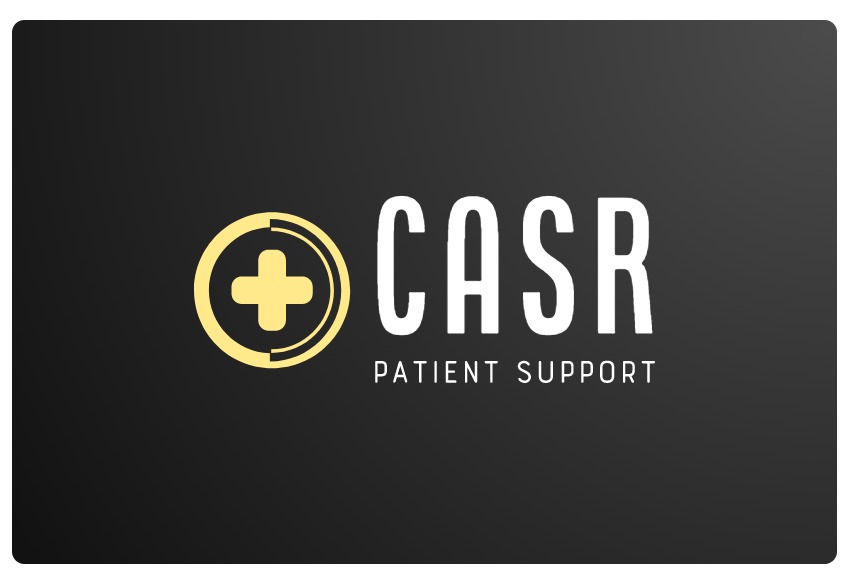How to Access Publicly-Funded Endocrinology Services in Australia
Patients with hypoparathyroidism in Australia can access publicly funded endocrinology services through the public health system. The process typically begins with a referral from a general practitioner (GP) to an endocrinologist, who specializes in diagnosing and treating hormone-related conditions such as hypoparathyroidism.
You will need a referral from your GP
Once a referral is made, the patient’s name is added to the public hospital waiting list for an appointment with an endocrinologist. The wait time can vary depending on the availability of specialists and the severity of the patient’s condition. In some cases, the wait time can be several months.
If your symptoms require urgent medical attention, you can attend a hospital emergency department
Patients can also access publicly funded endocrinology services through a hospital emergency department. If a patient’s hypoparathyroidism symptoms require urgent medical attention, they can present to a hospital emergency department and receive treatment from an on-call endocrinologist.
You could also consider seeking private endocrinology services, however will be at additional cost.
Alternatively, patients who wish to access private endocrinology services can do so by finding a private endocrinologist in their area and making an appointment. Private healthcare services can be costly, and patients should consult their health insurance provider to determine whether their policy covers the cost of specialist appointments.
In some cases, patients may also be eligible for assistance through the Australian Government’s Medicare Benefits Schedule (MBS), which provides rebates for certain medical services. Patients should consult their GP or endocrinologist to determine whether they are eligible for Medicare rebates for their endocrinology appointments.
Contact Details for Publicly funded endocrinology services in Australia
Here is some information on how to access publicly funded endocrinology services in each Australian capital city for patients with hypoparathyroidism:
1. Sydney: The Endocrine Department at Royal North Shore Hospital provides publicly funded endocrinology services. Contact information can be found on their website or by calling (02) 9463 1175.
2. Melbourne: The Endocrinology Unit at The Royal Melbourne Hospital offers publicly funded endocrinology services. Contact information can be found on their website or by calling (03) 9342 7000.
3. Brisbane: The Endocrinology Department at the Princess Alexandra Hospital provides publicly funded endocrinology services. Contact information can be found on their website or by calling (07) 3176 2111.
4. Perth: The Endocrinology and Diabetes Unit at Royal Perth Hospital offers publicly funded endocrinology services. Contact information can be found on their website or by calling (08) 9224 2244.
5. Adelaide: The Endocrinology Department at the Royal Adelaide Hospital provides publicly funded endocrinology services. Contact information can be found on their website or by calling (08) 7074 0000.
6. Hobart: The Endocrinology Department at the Royal Hobart Hospital offers publicly funded endocrinology services. Contact information can be found on their website or by calling (03) 6166 8308.
7. Darwin: The Endocrinology and Diabetes Clinic at the Royal Darwin Hospital provides publicly funded endocrinology services. Contact information can be found on their website or by calling (08) 8922 8888.
8. Canberra: The Endocrinology Department at The Canberra Hospital offers publicly funded endocrinology services. Contact information can be found on their website or by calling (02) 5124 0000.
It’s important to note that access to publicly funded endocrinology services may be subject to certain eligibility criteria, and waiting times may vary. It is recommended that patients speak with their general practitioner or healthcare provider for more information on accessing these services.



